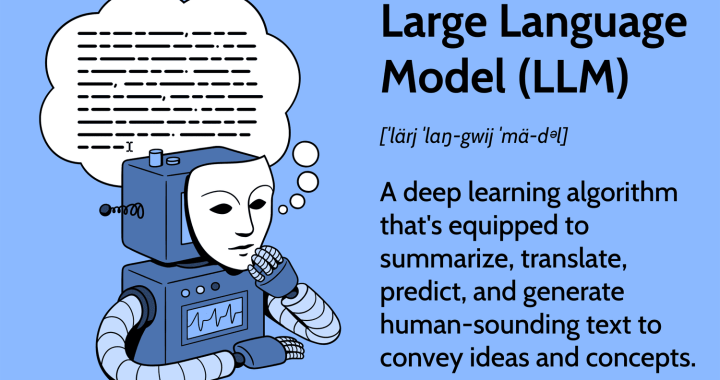As a native-Houstonian of Argentine descent, who loves languages and married a Romanian, who writes multilingual novels and has pulled a chair to many a table for myself and for others, I know firsthand the importance of DEI and belonging, especially in my chosen field.
In 2017, for example, I attended a master class on “Writing Cross-Culturally,” taught by the vice president of Scholastic Trade Books.
Her opening question “What is diversity” stumped a room full of starry-eyed MFA hopefuls. We were an international cohort of the most varying backgrounds, so we figured this was an easy question. Ten minutes in, however, proved no one could answer to the presenter’s satisfaction. I was anxious to move on, and more than a little frustrated, so I raised my hand to deliver the obvious, perhaps hackneyed, answer that I believed we were all avoiding.
“Diversity,” I said, “is the image of children, from around the world, holding hands . . . around the world.”
The presenter pressed her lips. “A little too Disney . . . but . . . class?” She kept the discussion going. For better or for worse, we drove deeper into the issue, only his time my fellow colleagues berated my “cliché, which of course would come from a heterosexual white male!” A heated debate ensued and even the presenter’s credentials were grilled. That is until we learned that she had been a civil rights activist, although, even for her, this was a difficult question. “You see?” she said. “Diversity is not so simple.” Eventually we cooled down enough to walk away with some digestible bit of information. To be frank, I am still digesting the word.
Today, the debate rages on, especially on university campuses. I am only too grateful for having found a doctoral program that fosters DEI values, whose main library hangs rainbow banners stating, “You Belong,” and where opportunity after opportunity for social justice presents itself.
My first two years as a graduate student at the University of Houston, I worked as assistant editor for the largest US publisher of contemporary literature by US Hispanic authors, Arte Público Press. There I helped to publish twenty-five titles per year, from authors whose voice may not have reached the mainstream otherwise. One book that I edited, for example, and which greatly influenced my views on DEI in higher education, was Losing the Precious Few by Dr. Richard Tapia. He is a Rice Math Professor and the Director of the Tapia Center for Excellence and Equity. His championing of Hispanic-American representation in STEM earned him a National Medal of Science and inspired my dissertation novel.
Concurrent with my editorial work at Arte Público, I worked part-time as a research fellow for the Recovery Project, an international program whose mission is to locate, preserve and disseminate Hispanic culture of the United States in its written form since colonial times until 1980. One project involved researching, composing, and correcting the MLA citations of 19th and 20th century poetry books for El proyecto de la literatura puertorriqueña/The Puerto Rican Literature Project (PLPR). PLPR launches in 2024 as a free, user-friendly, and open-access digital portal for people within and outside academia to learn about/or teach Puerto Rican literature. This is important because Puerto Rican literature has historically lay in obscurity due to a lack of public attention, perceived prestige from critics, and academic rigor in its archiving. The PLPR experience, therefore, defines my appreciation for the unsung heroes who remembered to add page numbers in their citations, so that researchers in other countries and in other centuries may find the work. Today, when I add orthographical marks where they belong, I keep calm and carry on for hundreds of excel rows, knowing that one day a young scholar, who may look nothing like me, will appreciate the extra due diligence.
[…]
If I had a time machine, I would raise my hand and, with a warm smile, answer: “Diversity? Just look at us.” Or, if it’s in the future that we meet, I can say: “Just look at my classroom.”




